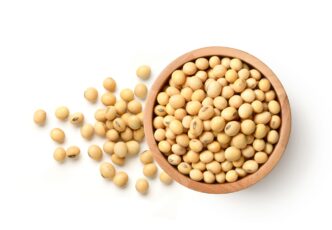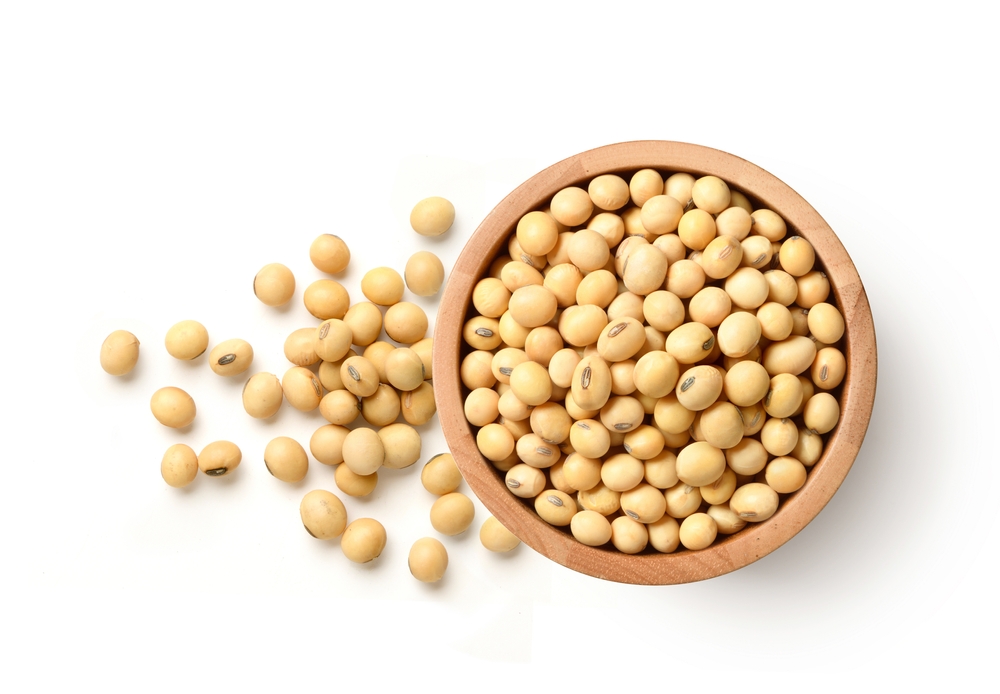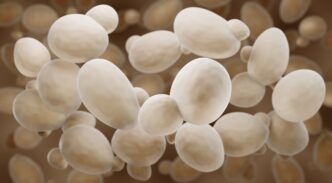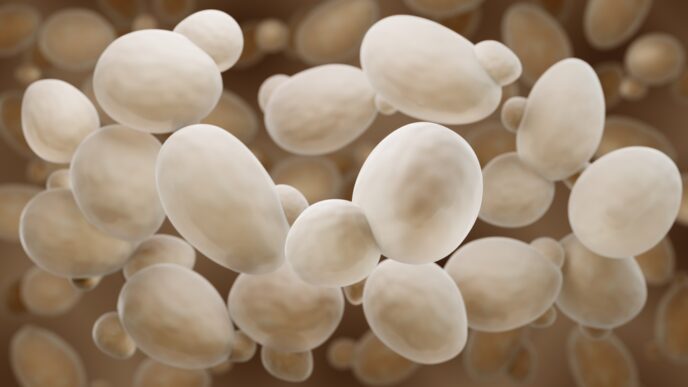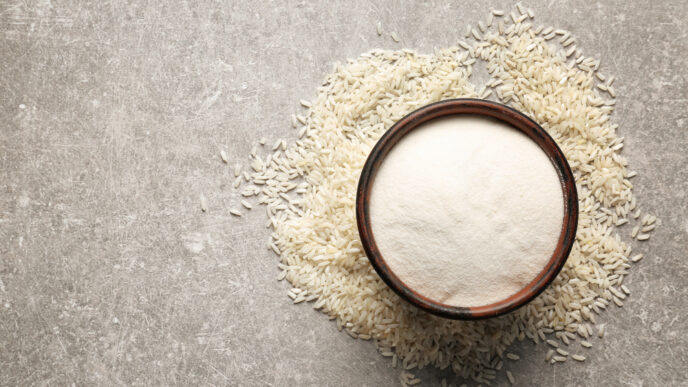A lot has been said about soy — some of it true, much of it not. From concerns about hormones to fears over health risks, it’s time to separate fact from fiction. A nutritionist addresses the most common soy myths and shares what you really need to know.
WORDS LIM TECK CHOON
 FEATURED EXPERT FEATURED EXPERTASSOCIATE PROFESSOR DR HASNAH HARON Nutritionist and Senior Researcher Centre for Healthy Ageing and Wellness (H-Care) Faculty of Health Sciences Universiti Kebangsaan Malaysia (UKM) |
MYTH 1
All Soy Products Are Made from Genetically Modified Organisms (GMOs)
Not entirely true.
According to Associate Professor Dr Hasnah Haron, not all soya products are made from GMOs.
- Various non-GMO tofu, tempe, and soymilk are widely available in the market.
- Even if the product has GMO-origin, there is currently no clear evidence that eating GMO soybeans or products would have any adverse health effects.
MYTH 2
Eating Soy Increases the Risk of Breast Cancer
Not true.
Associate Professor Dr Hasnah points out that misconception stems from the belief that isoflavones (plant oestrogens) found in soy can increase the risk of cancer.
- Studies have shown that soy isoflavones, regardless of the source, do not exert any harmful effect on breast tissues.
- On the contrary, a prospective study on 300,000 Chinese women and meta-analysis of dose-response showed that a higher soy intake may in fact provide considerable benefits for the prevention of breast cancer.
MYTH 3
Soy Phytoestrogens Inhibit Thyroid Function
Not true.
According to Associate Professor Dr Hasnah, various studies and comprehensive reviews have actually showed that neither soy foods nor isoflavones have any adverse effect on thyroid function in men or women with normal thyroid gland function.
Plus, the European Food Safety Authority has also concluded that isoflavones do not adversely affect the breast, thyroid, or uterus functions of postmenopausal women.
MYTH 4
Soy Causes Men to Become More Feminine
Not true.
Extensive reviews have indicated that consumption of soya proteins or isoflavones has shown no effect on male reproductive hormone levels in the body.
| This article is part of our series on healthy foods and how they can positively impact our health and well-being. |

